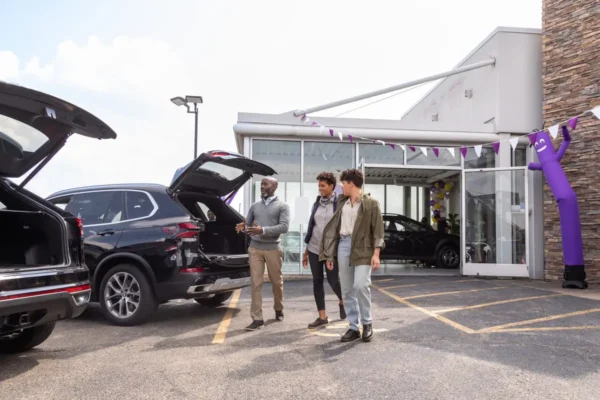Introduction to the FTC’s Cars Rule
In a significant ruling, the 5th U.S. Circuit Court of Appeals has struck down the Federal Trade Commission’s (FTC) Cars Rule, designed to protect consumers during vehicle transactions. Initially proposed in June 2022 and finalized in January 2024, the rule aimed to enhance transparency in auto retail by instituting four core principles that would curtail deceptive dealer practices.

The Objectives of the Cars Rule
The Cars Rule sought to address several fraudulent dealer activities, including the misrepresentation of discounts and rebates, deceptive last-minute add-ons, and unwarranted surcharges. By implementing these regulations, the FTC projected an average reduction of three hours in the car-buying process and an annual consumer savings of .4 billion. However, opposition from dealer representatives argued that these regulations could ultimately result in additional costs and time for consumers.
The Court’s Rationale and Future Implications
The appeals court’s decision was driven not by the arguments from either side, but due to the FTC’s failure to adhere to its internal procedural rules. Specifically, the court noted that the FTC commenced the rule-making process improperly, bypassing the required ‘advance notice of proposed rulemaking’ phase. As a result, the future of consumer protection regulations related to auto sales remains uncertain. The FTC may seek further legal recourse or revise its internal procedures to comply with judicial expectations. Meanwhile, with a changing political landscape, the commission’s ability to reinstate similar rules could be at risk, posing additional concerns for consumer protection in the automotive market.


